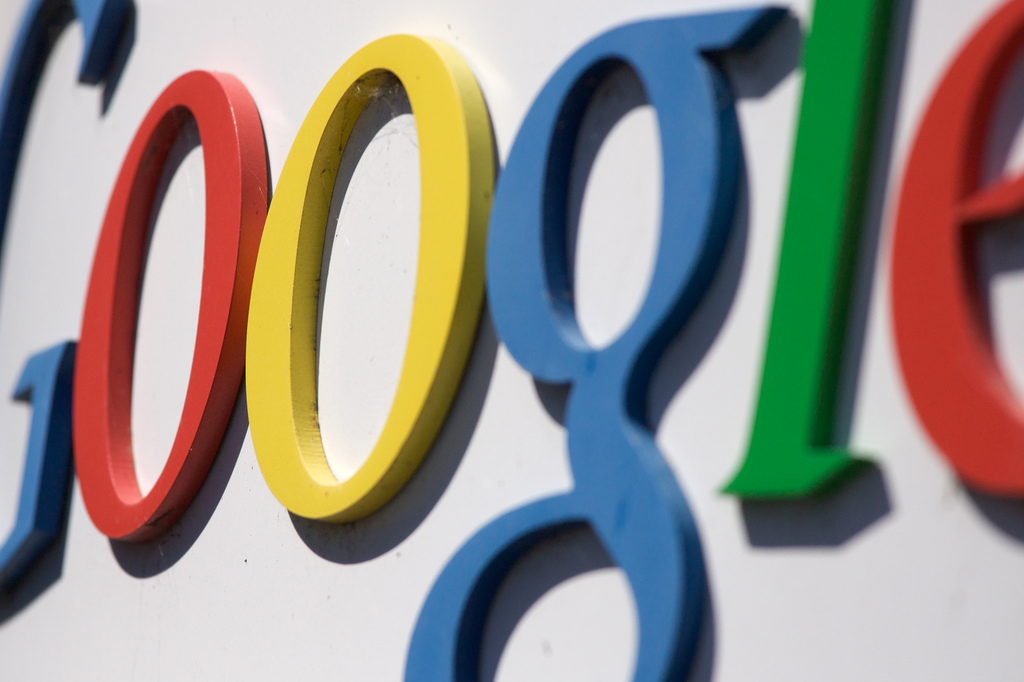The Hongkong police requested Google to remove a video posted online which showed apparent police brutality: officers assaulting a person under arrest in a police vehicle. The technology company did not take it down.
Google’s latest semi-annual transparency report said that the Technology Crime Division of the Commercial Crime Bureau requested the removal of the video on YouTube for allegedly spreading a false message.
The report covers July to December 2014, but Google did not reveal which video it was or when the video was made and uploaded.

In June 2014 , five activists claimed they were assaulted in a police van after they were arrested at a protest against development in the northeastern New Territories.
Jaco Chow Nok-hang, one of the five activists, said that the police may have requested Google to take down a video recreating the scenes in which they were beaten up.
Ng Chung-tat, convenor of Civil Human Rights Front’s police power monitoring group, told Apple Daily that the police had infringed freedom of speech by making the requests.
He said that the police should issue a statement to tell the truth if it found the video problematic, but it was not right to request the video be taken down.
Last December, a protester also claimed she was sworn at and slapped inside a police van after she was arrested at a “Gau Wu” protest.

The Customs and Excise Department also requested removal of 370 YouTube videos allegedly containing copyright infringing material.
The Hong Kong government has been requesting removal of online contents regularly. In 2013, answering a question from IT sector lawmaker Charles Mok in LegCo, the government revealed that eight government departments had made 7,003 removal requests between February 2010 and February 2013.
Mok told the newspaper none of the requests was covered by a court order, and 45 requests by the police for the reason of crime prevention were successful.
He said Google is big enough to be able to ignore the government’s requests, but small and medium size websites cannot afford the cost of legal tussles with the government, so they may comply more easily.
Mok said if the government did not restrain itself, the threat to freedom of speech would keep increasing.
In November, the Hong Kong government made 71 requests to Facebook for access to user information from January to June 2015, an 82 percent increase compared to just 39 requests from July to December 2014, according to the company’s biannual report released in November.
